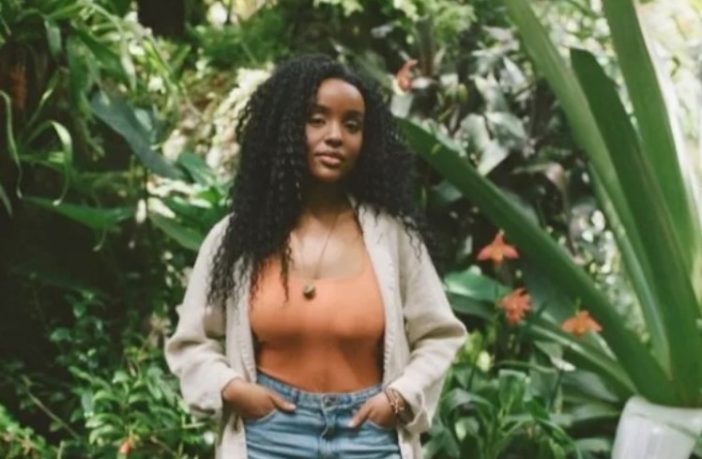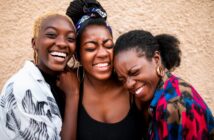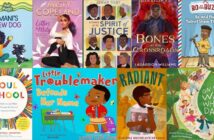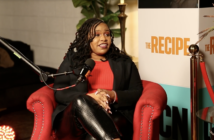By Maya Richard-Craven,
Word in Black
From gracing the cover of the January issue of Vogue alongside Billie Eilish and seven other climate activists, to amplifying climate justice on social media, Wawa Gatheru has set her sights on elevating environmental solutions.
“I really do believe that everybody cares about planet earth,” says Gatheru. “I think it’s a fundamental part of who we are. We are a part of an ecosystem together.”
But, says Gatheru, “traditionally, Black women have not been included in the ways that people think about environmentalism.”
That’s why in 2021, she founded Black Girl Environmentalist, an online community for female and non-binary environmental activists.
“A huge part of the ethos of Black Girl Environmentalist is crafting an environmental movement that is made in the image of all of us,” Gatheru says.
On social media, the Rhodes Scholar has helped bring climate justice to the forefront — she has 38,500 followers on TikTok alone.
Gatheru is also a member of EcoTok, a collective of young environmentalist activists on TikTok working to stop the spread of misinformation about climate change.
But like many Black people, Gatheru used to believe that environmentalism wasn’t meant for someone like her.
However, her parents are Agĩkũyũ Kenyan immigrants, which contributed to Gatheru’s deep connection to the land from a young age.
Read on as she speaks about her journey as an environmental justice advocate.
Q: Did your parents inspire you to have conversations about climate justice?
A: My family has always been farmers. Growing up, there was a deep understanding of the relationship with the earth. I spent all my earliest summers outdoors gardening with my mom and grandmother. Those things were very present in my upbringing. There is no term for climate justice in our language.
Q: Did you ever garden as a child?
A: A lot of people in my family have this intuitive green thumb. I never had that. I’ve always struggled with gardening, but I did it a lot as a kid. I was really young. Seeing my mom and grandmother cook that into Kenyan food was really powerful.
I always talk about how I think food is such an important touch point for people to really begin to educate their relationship with the physical environment. Our diets and food are a reflection of the connection or disconnection that we have with the earth.
Q: Was there anything about where you grew up that made you want to learn more about the environment?
A: I did not really identify as an environmentalist growing up. I grew up surrounded by wilderness. What I thought environmentalism was didn’t look like me. I took an environmental science class in high school.
My teacher was amazing. She included a chapter on environmental justice. I started a deep dive into the tradition of Black women and environmental leadership.
Q: What is Black Girl Environmentalist?
A: We are an organization that prioritizes putting on virtual and in-person programming for folks to cultivate community, as well as opportunities for folks to engage in mentorship and intentional education.
We’re dealing with the biggest crisis of all time, so there hasn’t been tons of opportunity to manage that.
Q: What inspired you to start Black Girl Environmentalist?
A: There was a huge need for communities to not only talk about the negative, but also have space to talk about the positive. There’s a lot of love that goes into this work. I put out a call online, and within a week we had like 80 people on a Zoom call. There was a gap in what was available for us to be a part of.
Q: What does environmental justice mean to you?
A: Environmental justice is specifically looking at the placement of environmental hazards, and the way that institutional racism and oppression have led to the point that, in the United States, race is the number one indicator of one’s proximity to a toxic waste plant.
A people of color environment conference happened in 1990. They came up with the 17 principles of environmental justice. That crafted the way that the federal government defines environmental justice. In order to have equitable decision-making, you need to have a representative group of people at the table.
This article was originally published by Word in Black.



